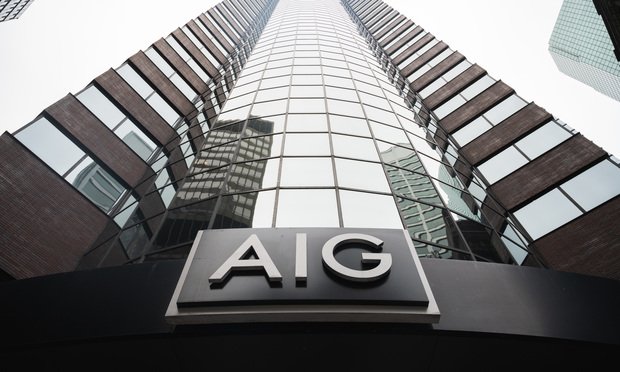 The case against AIG is one of dozens of lawsuits brought over refunds for canceled flights and cruises tied to the pandemic. Unlike most lawsuits, however, the case delved into accusations of "gamesmanship" and acts that were "contrived." (Credit: Ryland West/ALM)
The case against AIG is one of dozens of lawsuits brought over refunds for canceled flights and cruises tied to the pandemic. Unlike most lawsuits, however, the case delved into accusations of "gamesmanship" and acts that were "contrived." (Credit: Ryland West/ALM)
Despite already refunding his clients, attorney Kip Richards gave one final shot at trying to convince a federal judge that he still had valid claims against AIG over refunds owed to its consumers whose trips were canceled by the COVID-19 pandemic. That didn't sit well in front of Senior Judge Kathryn Vratil of the District of Kansas.
Recommended For You
Want to continue reading?
Become a Free PropertyCasualty360 Digital Reader
Your access to unlimited PropertyCasualty360 content isn’t changing.
Once you are an ALM digital member, you’ll receive:
- Breaking insurance news and analysis, on-site and via our newsletters and custom alerts
- Weekly Insurance Speak podcast featuring exclusive interviews with industry leaders
- Educational webcasts, white papers, and ebooks from industry thought leaders
- Critical converage of the employee benefits and financial advisory markets on our other ALM sites, BenefitsPRO and ThinkAdvisor
Already have an account? Sign In Now
© Touchpoint Markets, All Rights Reserved. Request academic re-use from www.copyright.com. All other uses, submit a request to [email protected]. For more inforrmation visit Asset & Logo Licensing.







